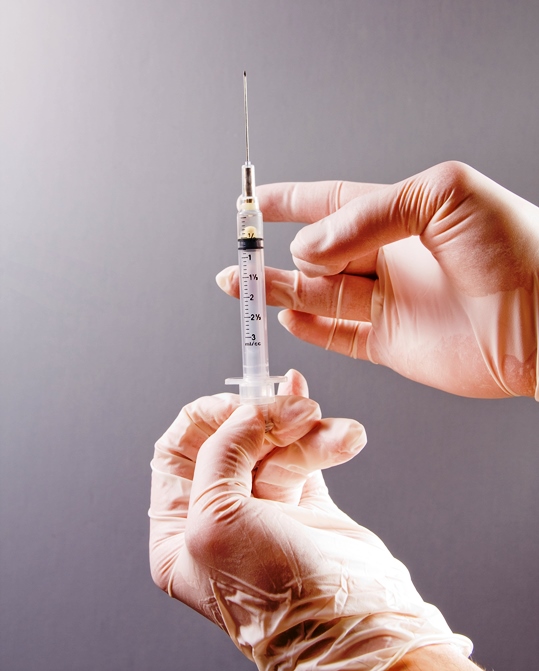Keeping You Up-to-Date about COVID-19 and Vaccines
 Distribution of Pfizer’s COVID-19 vaccine has begun in many states. The amount each state has received and the criteria for distribution varies, with nursing home patients and healthcare workers receiving priority. There is changing information on who will be eligible next, based on age and health criteria and the number of doses delivered to each state and county.
Distribution of Pfizer’s COVID-19 vaccine has begun in many states. The amount each state has received and the criteria for distribution varies, with nursing home patients and healthcare workers receiving priority. There is changing information on who will be eligible next, based on age and health criteria and the number of doses delivered to each state and county.
Until you become eligible, please continue washing your hands frequently, wearing a mask and practicing social distancing. During this busy holiday time, remember that pre-travel and post-travel testing for COVID-19 is recommended.
The Centers for Disease Control and Prevention has a few tips to keep in mind when your turn comes to receive a vaccine.
When You Get Vaccinated:
- You should receive a vaccination card or printout that tells you what COVID-19 vaccine you received, and the date and place you received it.
- You should receive a paper or electronic version of a fact sheet that tells you more about the specific COVID-19 vaccine you are being offered. Each authorized COVID-19 vaccine has its own fact sheet that contains information to help you understand the risks and benefits of receiving it.
After Vaccination:
- Most COVID-19 vaccines require you to receive two shots in order for them to work; one immediately and the second as a future follow-up. Get the second shot even if you have side effects after the first one, unless a vaccination provider or your doctor tells you not to get a second shot.
- Ask your healthcare provider about getting started with V-safe, a free, smartphone-based tool that employs text messaging and web surveys to provide personalized health check-ins after you receive your vaccination. V-safe also reminds you to get your second dose if you need one.
- It takes time for your body to build protection after any vaccination. COVID-19 vaccines that require two shots may not protect you until a week or two after your second shot.
At this time, experts do not know how long someone remains protected from relapsing after recovering from a COVID-19 infection. The immunity gained from having an infection, called natural immunity, varies from person to person. Some early evidence suggests natural immunity may not last very long. Experts are still learning about natural immunity and vaccine-induced immunity associated with COVID-19, and the CDC will keep the public informed as new evidence becomes available.
FACT: Receiving an mRNA vaccine will not alter your DNA
Messenger Ribonucleic Acid, or mRNA, can most easily be described as a set of instructions that tells your body how to make a protein or even just a piece of a protein. mRNA is not able to alter or modify a person’s genetic makeup (DNA). The mRNA from a COVID-19 vaccine never enters the nucleus of our cells where our DNA is stored. This means the mRNA does not affect or interact with our DNA in any way. COVID-19 vaccines that use mRNA work with the body’s natural defenses to safely develop protection (immunity) to disease.
Ocean Reef’s COVID-19 case statistics are updated daily on this website’s COVID-19 page. The Medical Center stays in touch weekly with Ocean Reef Club, providing information to members every Friday evening. Please email our communications team if you are not receiving updates.
